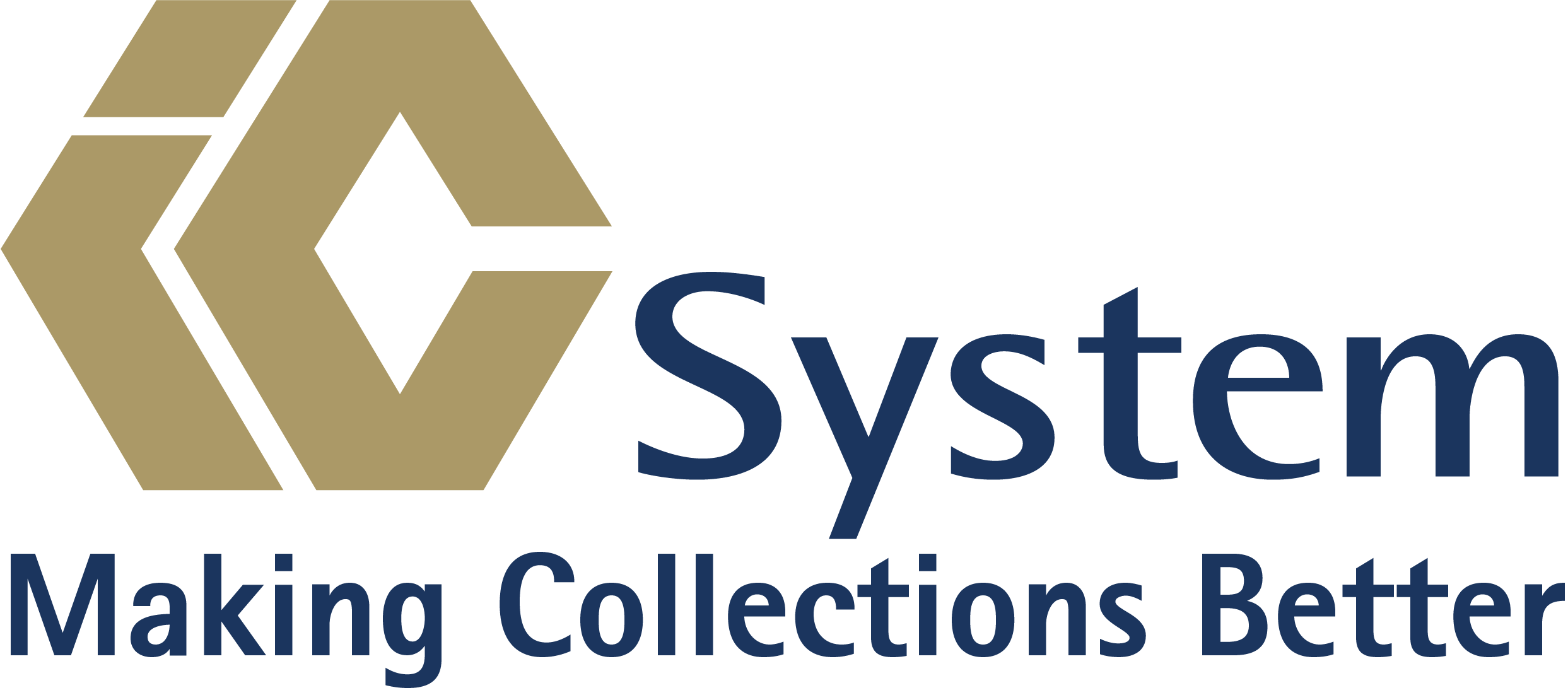How to Reduce Patient Stress in Healthcare Collections

Now more than ever, it’s no surprise that Americans feel stressed about their medical bills. CNBC reports that more than a third of all Americans (137 million) have struggled to cover the cost of their medical bills since the rise of high deductible health plans in recent years, leading to an increase in healthcare collections. A Kaiser tracking poll found that nearly 8 in 10 Americans support legislation that would reduce unexpected healthcare costs when their insurance does not cover care. Kaiser also found that most Americans are worried about the future of the Affordable Care Act’s (ACA) protections for people with pre-existing medical conditions.
With medical bills on almost everyone’s mind and the situation unlikely to resolve itself anytime soon, healthcare providers must consider their priorities in this consumer-based marketplace. Of course, every provider wants to ensure a positive experience for the patient; everyone from hospitals to individual practices depends on their reputation for survival, and the patient experience is an essential component of that. However, providers are also running a business, and there’s a bottom line to consider.
The Patient Experience
Ensuring a positive patient experience means that providers must work within the limitations of the healthcare system, and in doing so, provide excellent customer service. If you do your best to ease patients through the medical billing process with kindness and transparency, the likelihood of generating a damaging complaint decreases.
Here are a few basic principles of excellent service to reinforce with your staff:
- Listen to the patient’s concerns
- Anticipate the patient’s needs
- Show empathy for the patient’s situation
- Apologize for the inconvenience or confusion
- Make the patient feel important to your office
Friendly Collections Recover More
When medical debts go past due by 30 days or more, an accounts receivable management firm becomes the next step toward recovering the balance. But just because an account goes into collections doesn’t mean that good customer service and your focus on creating a positive patient experience stops. Your collection partner should be an extension of your office and your philosophy about the patient experience.
To assure alignment, your collection agency should have rigorous internal Call Quality programs that follow your principals of good customer service. This is an effective way of self-scoring that helps measure performance. Self-assessments can sometimes be misleading, however. In addition to them, collection agencies should survey your patients after every interaction. Looking at how your patients score your collection partner’s performance is a key indicator of how effective they are.
With more than eight decades of healthcare collections experience, IC System knows that friendlier and more empathetic interactions result in more payments. In our own internal call scoring, we have learned that calls scored as an “8” on our 10-point scale will result in a payment 27.2% of the time, whereas calls scored the highest level of “10” will result in a payment 42.6% of the time. Moreover, patients are twice as likely to pay on calls scored “10” than calls scored as an “8”.
By working with IC System, your office will help reduce patient stress through kinder interactions, experience higher recoveries, and avoid the consequences of negative feedback and reviews.
To learn more about why the patient experience makes all the difference, download IC System’s eBook: Why Nice People Collect Bad Debt.
About the Author: Eric Johannes









